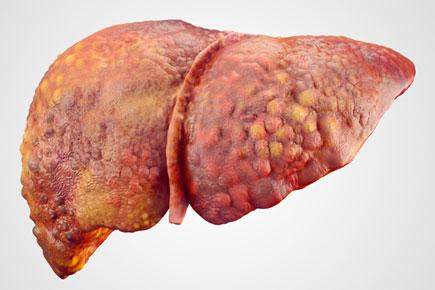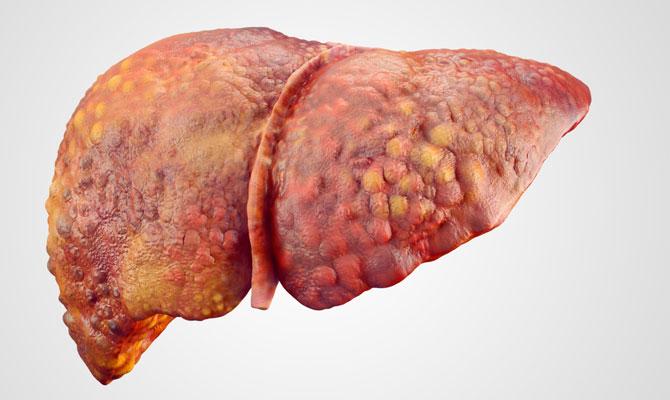Researchers have identified a gene which may be associated with the initiation of nonalcoholic fatty liver disease (NAFLD), the most common cause of liver damage

Liver damage
New York: Researchers have identified a gene which may be associated with the initiation of nonalcoholic fatty liver disease (NAFLD), the most common cause of liver damage.
Sequencing biochemical molecules obtained from liver biopsies of 30 female candidates for gastric bypass surgery, the researchers observed a significant suppression of a protein called FOX03 in damaged livers, compared to those without liver damage.

Representational picture
The findings suggest a potential role for this gene in the initiation of liver disease.
"To our knowledge, this is the first study to apply a high-throughput sequencing approach to the investigation of liver microRNAs (miRNAs) in NAFLD-related liver damage," DiStefano said the study's senior author Johanna DiStefano from Translational Genomics Research Institute (Tgen) in Arizona, US.
The miRNAs -- RNA molecules that regulate gene expression -- were obtained from liver biopsies of 30 female candidates for gastric bypass surgery: 15 with, and 15 without, NAFLD liver damage.
Using the most advanced technology to refine the data, researchers identified several potential gene targets associated with NAFLD-related liver damage.
Specifically, they found that a particular miRNA called miR-182 produced a strong association with a protein called FOX03.
"Because of the known role of miR-182 in mechanisms related to liver cancer, we sought to investigate this miRNA in NAFLD-related liver damage by looking at relevant target genes," the study's lead author Fatjon Leti, research associate at Tgen said.
"We found that levels of FOX03, which has been implicated in liver metabolism, to be significantly decreased," Leti noted.
The findings appeared in the journal Translational Research.
 Subscribe today by clicking the link and stay updated with the latest news!" Click here!
Subscribe today by clicking the link and stay updated with the latest news!" Click here!







